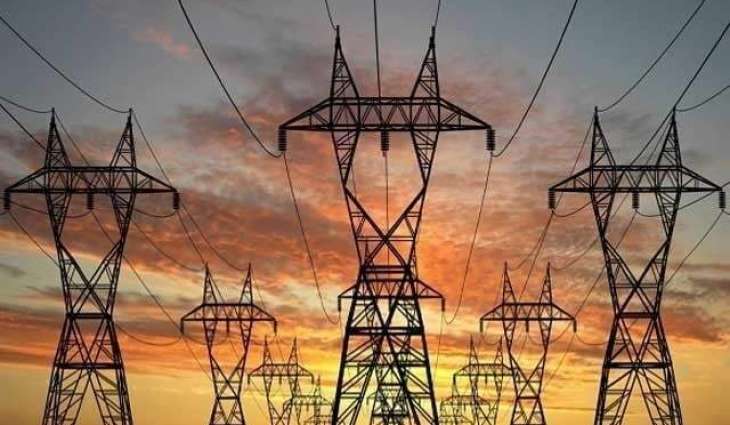Power Secretary disclosed that three power distribution companies are ready for privatization: IESCO, GEPCO, and FESCO
ISLAMABAD: (UrduPoint/Pakistan Point News-August 16th, 2024) The Secretary of the Power Division on Friday revealed that there is pressure on us to pass on the burden of the interest on circular debt to the public, as well as any payments made to the Independent Power Producers (IPPs).
A meeting of the National Assembly's Standing Committee on the Power Division, chaired by MNA Muhammad Idrees, was held.
The situation became odd when the CEO of HESCO (Hyderabad Electric Supply Company) failed to satisfy the committee.
Committee member Rana Muhammad Hayat pointed out that the loss figures reported by HESCO and the Power Division were different. HESCO reported losses of Rs 18 billion, while the Power Division stated losses of Rs 53 billion.
The CEO of HESCO mentioned that 318 feeders in HESCO have losses exceeding 80%. HESCO's current deficit stands at Rs205 billion, with 27% losses.
Rana Muhammad Hayat remarked that out of Rs 500 billion, Rs 205 billion in losses belong to HESCO alone.
The HESCO CEO further stated that the annual recovery of electricity dues is 75%, with a monthly loss of Rs1.5 billion, resulting in an annual loss of Rs. 18 billion.
Officials from the Power Division stated that last year, HESCO incurred losses of Rs. 53 billion, and line losses exceeding 11% are not permissible.
Rana Muhammad Hayat questioned why the losses reported by HESCO were Rs. 18 billion, while the Power Division's figure was higher.
Committee member Raja Qamar islam said that power distribution companies have been allowed to engage in theft.
Officials from K-Electric mentioned that K-Electric is permitted 15% losses, and last fiscal year, the company incurred a loss of Rs. 30 billion.
The Power Secretary disclosed that three power distribution companies are ready for privatization: IESCO, GEPCO, and FESCO. Privatizing these companies would not burden the government.
The Power Division officials stated that NEPRA allowed 11% losses, but globally, the standard is 7%. Any buyer of DISCOs will purchase them along with their losses. Punjab’s companies are also facing losses of Rs150 billion.
The Power Secretary added that Federal ministries and departments are being downsized. In the first phase, DISCOs will be privatized, and then the Cabinet Committee will reduce the burden on other ministries and departments.
K-Electric is producing the most expensive electricity; if the government does not provide a subsidy, the unit price could reach Rs. 80, said the Power Secretary.
The Secretary explained that K-Electric is currently generating expensive electricity, mainly from thermal sources. Without a government subsidy, the unit cost could go up to Rs. 80.
K-Electric CEO Moonis Alvi stated that if electricity is produced from LNG, the unit cost would be Rs. 40. When K-Electric was privatized, its losses were 40%, but today, they are down to 15%.
Committee member Dr. Tariq Fazal Chaudhry said that the major issue in the power sector is the IPP agreements. The committee should be briefed on the nature of these agreements, and it should assist the government in addressing them. If we focus on the IPPs, relief can be provided to the public. The IPPs have been draining the public’s resources.
He mentioned that negotiations had been held with Jamaat-e-Islami, and they informed them that they would see to what extent they could act. In the next meeting, the agenda will focus solely on IPPs, and the committee will make a decision. The government wants to take action but is constrained by many factors, with the IMF looming over them like a sword. Any relief will be given considering this pressure.
The Power Secretary attributed the rise in electricity prices to IMF pressure. He said that there is pressure on us to pass on the interest on circular debt to the public and to burden them with any payments made to the IPPs. We cannot sit back calmly anymore; the entire burden has to be shifted to the consumers. We discuss all these matters with the IMF, but they don’t agree.




